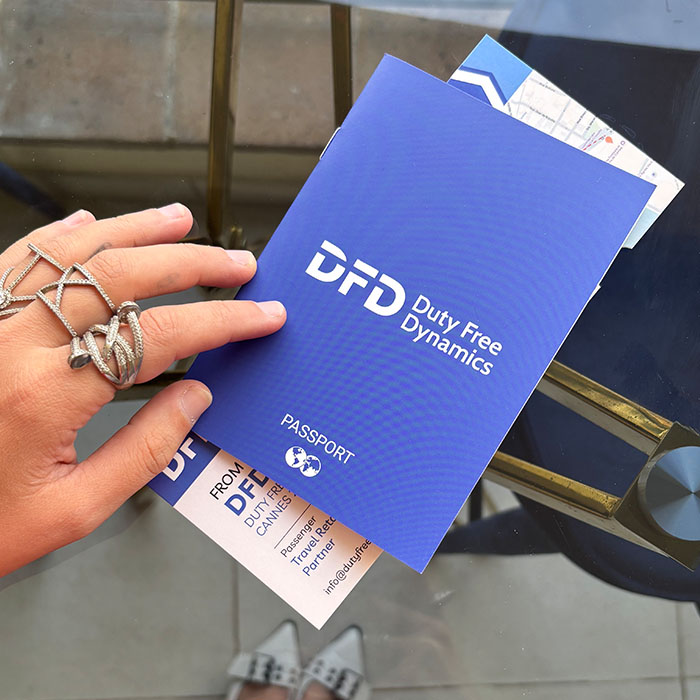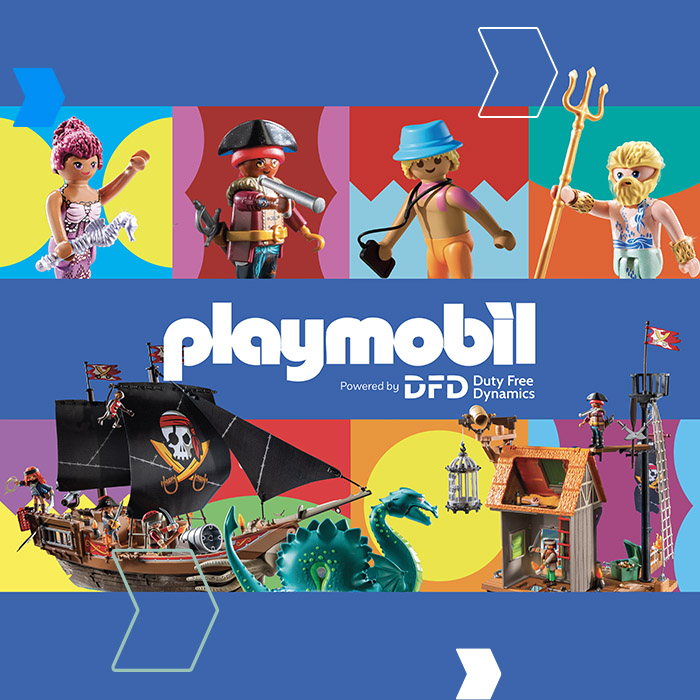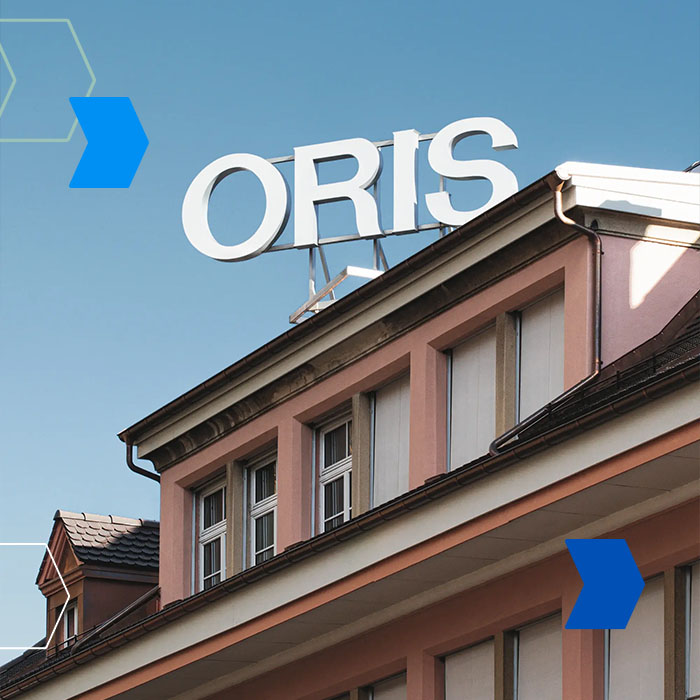
DFD's CEO, Nicolas Dobry, interviewed by Duty Free Magazine
This article has been written and published by Jas Ryat for the Latin America issue of Duty Free Magazine. It is the result of an interview with Nicolas Dobry, CEO of Duty Free Dynamics, regarding the impact of COVID-19 on the travel retail channel.
--
Describing its response to the sudden eruption of COVID-19 as an almost seamless transition, Nicolas Dobry, CEO of Duty Free Dynamics (DFD), says the team managed to quickly adapt to the “work from home” concept and maintain a positive spirit. With offices in Miami, Houston, Panama and Buenos Aires, DFD’s commercial team is accustomed to working remotely through various communication systems. More specifically, Order Engineering System (OES) allows real time access to DFD’s inventory across in-house staff, operators and franchises, which results in the ability to place direct orders. Although the full impact of the pandemic was unpredictable, there has been “practically no change” to the company’s business model. Other than the initial stage of the crisis, when most of its partner operators were forced to close their doors due to lockdown, DFD hasn’t been critically affected.
“In the cases of clients still partially operating, the challenge was [DFD’s] warehouses’ limited capacity to pack and ship their pending orders. Otherwise, while facing the storm, we took the necessary steps to safeguard our finances, beginning with a significant, immediate reduction in our overhead costs and non-essential expenses,” shares Dobry. Looking forward, the company will prioritize the developing of new brand categories and maintain awareness of market and consumer trends.
Detecting an opportunity in the Americas’ travel retail environment to create and innovate, DFD was founded six years ago. With the mission to form non-traditional product categories and new initiatives, the team expanded the commercialization of the channel. However, once established and since its inception, DFD planned to include traditional core categories in its business model. As the first step in this next phase, the company recently introduced confectionery as its tenth product category and welcomed LINDT, HARIBO and PERFETTI to its brand portfolio. Although DFD expects the incremental roll out of its current and upcoming projects to be slower than anticipated, its aiming to incorporate five new categories within the next 12-18 months.
Covering the travel retail distribution channel of the Americas, DFD is available in-flight and at airports, seaports, ferries, free zones, border points, Caribbean Islands. Dobry remarks that DFD’s sub-channels of distribution will be the first to regroup (border point shops and mainland stores on the islands) as they are not dependent on-air traffic. After a few months of no browsing or buying, it’s possible that customers will react by indulging at the points of sale. As an alternative, DFD has teamed up with some of its main operators working hand-in-hand to develop an omni-channel platform that would benefit both parties.
“So, what remains as a challenge is the effect on all that depends on airlines and cruise lines returning to their normal level of operations, which might take a very long time. In view of this predicament, we have to be realistic and proceed with the necessary creativity and dynamic optimism that would somewhat offset the impact in this segment of our business,” he adds.
Referring to how quickly Latin America will recover, Dobry notes with the exception of Brazil, most of its countries have implemented rigorous health and safety measures (in comparison to North America). In his opinion, this will lead to getting back to a sense of normalcy in some parts of the region as an uphill process. With a brand portfolio that reaches both the airline and cruise industry, DFD remains able and willing to whatever it takes within its power to offer traction to the recovery efforts of its partner operators.



